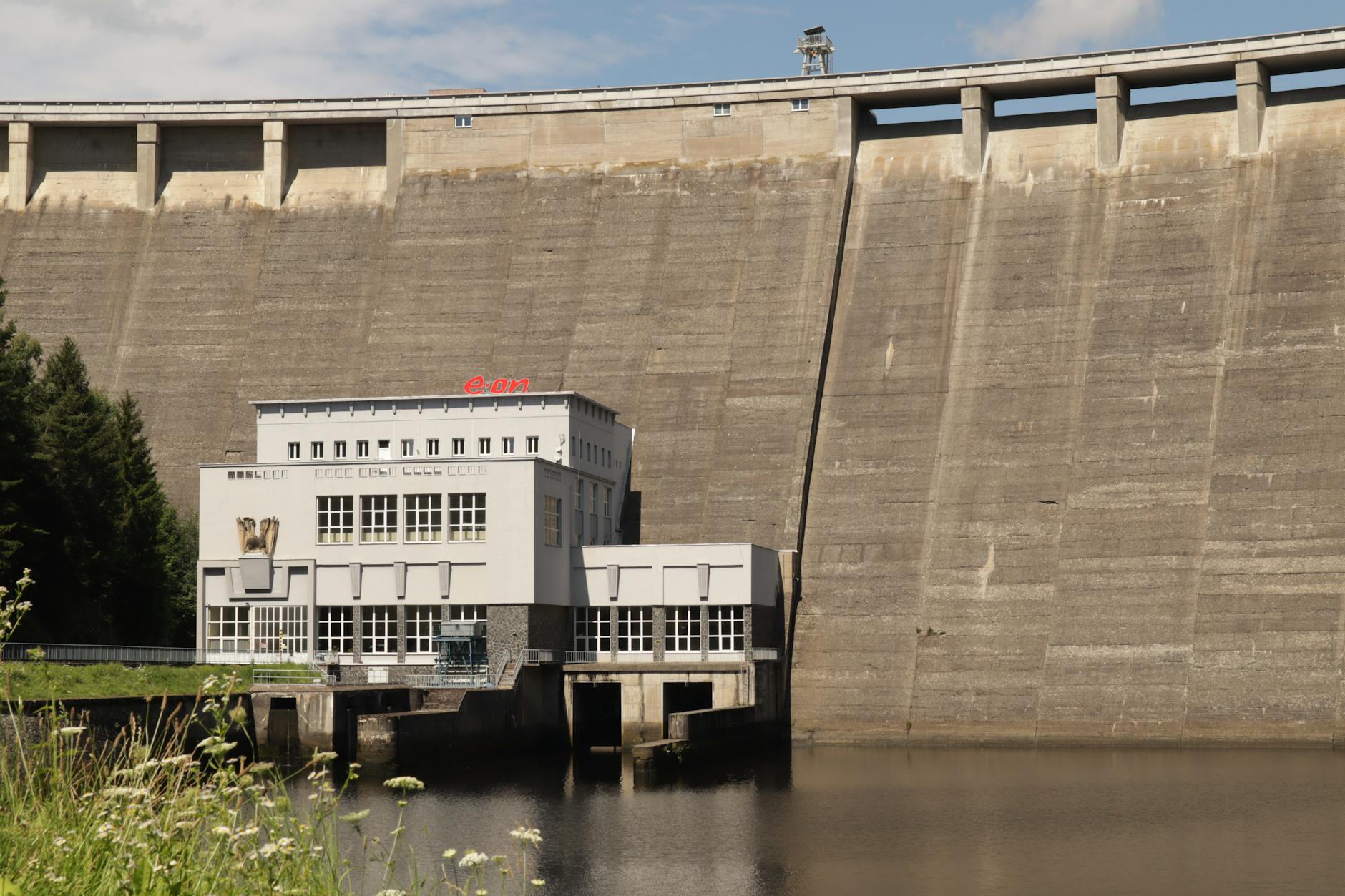Unleashing the Power of Quantum AI in Automation
In the ever-evolving landscape of technology, Quantum Artificial Intelligence (AI) has emerged as a groundbreaking advancement that holds immense potential to revolutionize automation processes across various industries. Quantum AI combines the principles of quantum computing and artificial intelligence to create a powerful tool for solving complex problems at an unprecedented speed and scale.
Understanding Quantum AI
At the core of Quantum AI lies the concept of quantum computing, which harnesses the principles of quantum mechanics to perform computations using quantum bits or qubits. Unlike classical computing, which relies on binary bits (0s and 1s), qubits can exist in multiple states simultaneously due to superposition and entanglement. This unique property allows quantum computers to process vast amounts of data and perform complex calculations much faster than traditional computers.
The Convergence of Quantum Computing and Artificial Intelligence
Quantum AI leverages the capabilities of quantum computing to enhance the performance of artificial intelligence algorithms. By harnessing the power of qubits to explore multiple solutions simultaneously, Quantum AI can significantly accelerate the training and optimization of AI models. This enables AI systems to process and analyze large datasets in real-time, leading to more accurate predictions and insights.
Applications of Quantum AI in Automation
The integration of Quantum AI in automation processes offers a wide range of benefits across various industries. In manufacturing, Quantum AI can optimize production schedules, predict maintenance requirements, and improve supply chain management by analyzing complex data patterns quickly and efficiently. In finance, Quantum AI can enhance fraud detection, risk management, and trading strategies by processing vast amounts of financial data in real-time.
Challenges and Opportunities
While Quantum AI holds promise for transforming automation processes, there are still challenges that need to be addressed. One of the primary challenges is the limited availability of quantum computing resources, as building and maintaining quantum systems is still a complex and expensive endeavor. Additionally, developing algorithms that can effectively leverage the power of Quantum AI requires specialized expertise in both quantum computing and artificial intelligence.
Despite these challenges, the opportunities presented by Quantum AI in automation are significant. As quantum computing technologies continue to advance, the scalability and efficiency of Quantum AI systems are expected to improve, enabling businesses to leverage its capabilities for a wide range of applications.
The Future of Automation with Quantum AI
As Quantum AI continues to evolve, its impact on automation is poised to reshape industries and redefine the way businesses operate. By harnessing the unprecedented computational power of quantum computing and the intelligence of artificial intelligence, Quantum AI offers a path to unlocking new possibilities in automation, efficiency, and innovation.
In conclusion, Quantum AI represents the ultimate accelerator of automation, offering businesses a transformative tool to drive growth, improve decision-making, and unlock new opportunities in a rapidly changing digital landscape. By embracing the potential of Quantum AI, organizations can stay ahead of the curve and harness the power of quantum technologies to drive success in the future.


